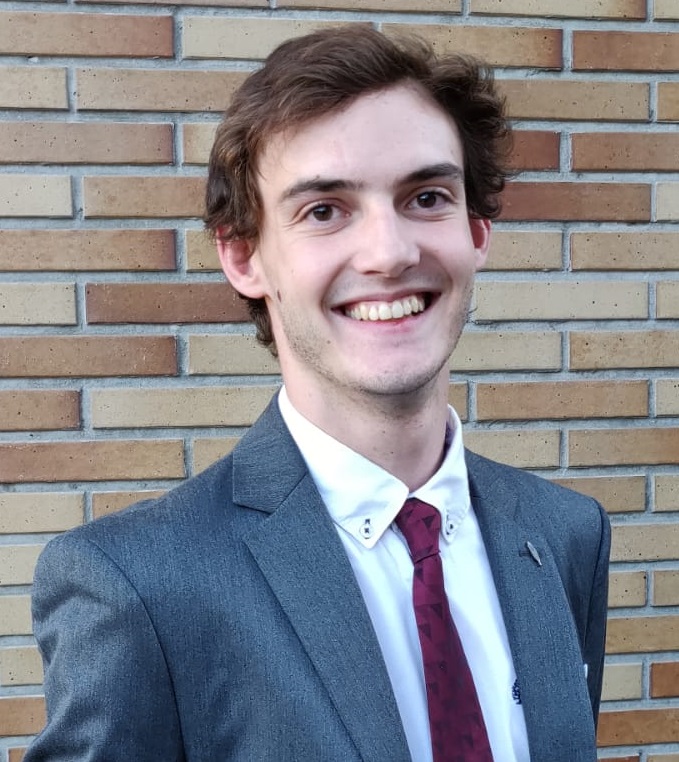Duarte Oliveira Saraiva

Room in IBEB
1.02
Contacts
E-mail: dfsaraiva[at]ciencias.ulisboa.pt
Professional networks
Research topics
- Artificial Intelligence
- Image Processing
- Lung Ultrasound
- Neuroimaging
Biography
Duarte Oliveira Saraiva was born in Torres Vedras in 1998 and completed his BSC + MSc Degree in Biomedical Engineering and Biophysics in January 2022 at the Faculty of Sciences of the University of Lisbon (FCUL).
In 2019, he did a two-month internship at the BIH Center for Regenerative Therapies (BCRT) in Berlin, where he studied the role of skeletal muscle and cardiac fibroblasts in the development of heart failure.
In his master’s dissertation, conducted at the Instituto of Biophysics and Biomedical Engineering (IBEB), Duarte became interested in the use of Artificial Intelligence for medical diagnostics. He developed a deep learning normative model with functional magnetic resonance imaging (fMRI) data for the diagnosis of neuropsychiatric disorders, presented his work at three international conferences, and published a scientific paper.
In February 2022, he started his doctoral program as a research fellow at IBEB in the project DSAIPA/AI/0083/2020 THOR – Computer Assisted Thoracic Assessment using POCUS. In the same year, he was granted an FCT-funded Maria de Sousa fellowship to continue his PhD. The goal of this work is to develop an artificial intelligence-based assisted navigation and diagnosis solution for lung point-of-care ultrasound.
Since February 2022, Duarte has also been an invited assistant professor at FCUL.
Publications
Journal publications
(2023) Normative model detects abnormal functional connectivity in psychiatric disorders, Frontiers in Psychiatry 14, p. 1068397, Frontiers, doi:10.3389/fpsyt.2023.1068397
(2023) Make It Less Complex: Autoencoder for Speckle Noise Removal—Application to Breast and Lung Ultrasound, Journal of Imaging 9(10), p. 217, doi:10.3390/jimaging9100217
Conference publications
Book chapters
Dissertations/Thesis
(2021) Normative model for the diagnosis of neuropsychiatric disorders using deep learning methods, url